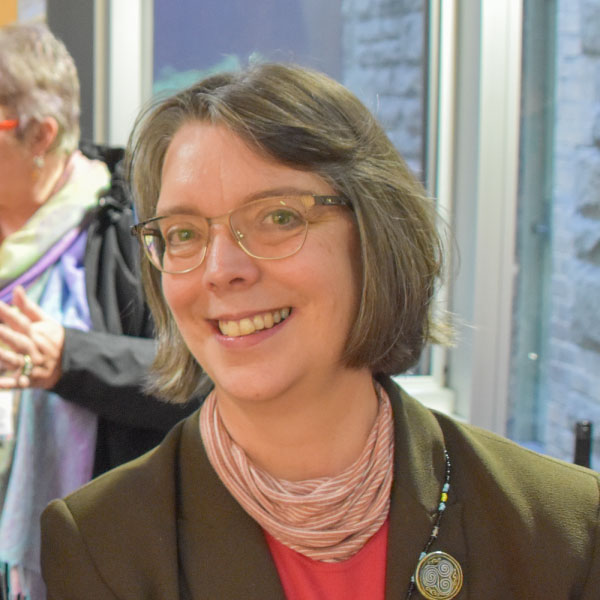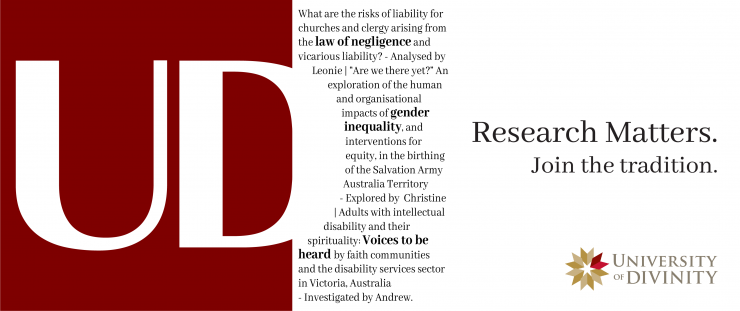It’s that time of year when recommendations for good books are serious business. Riveting or relaxing tales for the beach, novels that transport us to other times and places, long reads that open out new ideas: these are wonderful summer traditions. When there’s time to read widely for fun, stories stretch and enrich our understanding of what it is to be human.
Good research always has a story to tell, and the best research invites us into that story, gripping our interest with the urgency or subtlety of the questions at stake. Storytelling is also part of the pleasure of research. There are more technical phrases to describe what we do as writers – build an argument, construct a narrative, test a hypothesis – but at its heart scholarship tells a story.
In the history of religion, where my work is centred, the task since the beginning has been to listen carefully to diverse accounts. Research enables us to attend to the stories that shape human communities and so to understand more deeply who and how God is for those communities. Research matters because it enables us to ask more compelling questions and tell richer stories in response.
Research is about creating relationships: initially by paying attention to the sources and to the conversations around the material that are already underway; ultimately in communicating a story of our experience of that conversation to other people. Between the first and the last there is a middle phase of mulling.
This middle phase involves seeing different angles, asking new questions, piecing the connections together. The story becomes ‘ours to tell’ as we let the material work on us. The creative relationship moves decisively inward.
In my book on Benedictine women in Australia A Bridge Between I came to appreciate how closely the practice of mulling in research resembles the prayerful pondering of Scripture and life in the monastic practice of lectio divina. Both involve a contemplative stance. Both involve the risk that the sources and their implications might transform us. All research, not just work on monastic or ‘spiritual’ topics, involves this quiet, playful, disturbing phase. Between the sources and the readers, there is a writer sitting with the complexity of the material (excited, shocked, perplexed, curious or just determined not to despair) until meaning ‘happens’.
In recent decades, postcolonial, feminist and First Nations scholars from across the disciplines have been keen to reclaim story and reconnect academic research with the significance of lived, embodied experience. Advocates of ‘story’ as a research method point to relationships that underpin the work. (See for example, Phillips and Bunda, Research Through, With and As Storying). The tense relationship between ‘fact’ and ‘fiction’ has been part of this since the Enlightenment. But academics, however innovative, remain accountable to other scholars as well as to community stakeholders and to the source material itself for what we say. It matters for research that conventions guard at every turn against ‘making it up’ independent of those relationships.
And, obviously, research also matters because we don’t have all the answers. Even the most well-worn areas that have generated hundreds of publications remain alive and fruitful because the questions change.
As perceptions and priorities shift, there is new impetus for exploring what has seemed fixed and agreed. Think of the upsurge of interest in women’s experience from the 1960s, the pressing need to pay attention to ecological perspectives, to engage more with bodily experience and emotion, to acknowledge again and again embedded systemic injustice in the ways text and context are constructed, to apprehend and credit spiritual motivation. All of this propels new research.
Tiffany Shellam’s work on Meeting the Waylo about First Nations sailors uses the metaphor of the tide to capture the interaction between researchers and the context. As new questions flood on a tidal surge of interest, stories are revealed or covered over: ‘stories drown in the archive, or they lie dormant waiting to become charged with energy as historians and archivists [and let’s add: theologians] connect the present with the past.’ (10) The stories we tell about our context are fundamental to the future, especially the fragmented accounts from people and perspectives on the margins that do not sit still long enough to form a single, neat narrative. The interpretive tools forged in feminist and post-colonial conversations are increasingly important for those stories, and so is the capacity to be surprised when the material challenges new as well as old norms.
Wordsmiths can shape collective memory and collective memory shapes self-understanding and decision-making perception and experience. I am not thinking of the ephemeral cynicism of media spin-doctors but of the public figures like Australia’s former Prime Minister Paul Keating, who understood language as a ‘poetic key to human reality’(Watsonia: A Writing Life, 78). Good research forged from relationships can grasp the poetic impulse and harness visionary metaphor for a community, for a church. It is story that shapes imagination. Good books furnish minds and hearts. Theologians know this well.

Associate Professor Katharine Massam is the Academic Dean at Pilgrim Theological College, University of Divinity. Katharine’s research explores intersections between Christian tradition and wider culture in postcolonial, settler societies, including Australia. She writes on the history of Christian spirituality (especially Benedictine traditions), cross-cultural encounter in the Australian mission context, the dynamics work and leisure, and is especially interested in methodologies that open-up neglected sources and experience (such as historical readings of space and place, devotional literature, art, music, and material culture).







Add comment